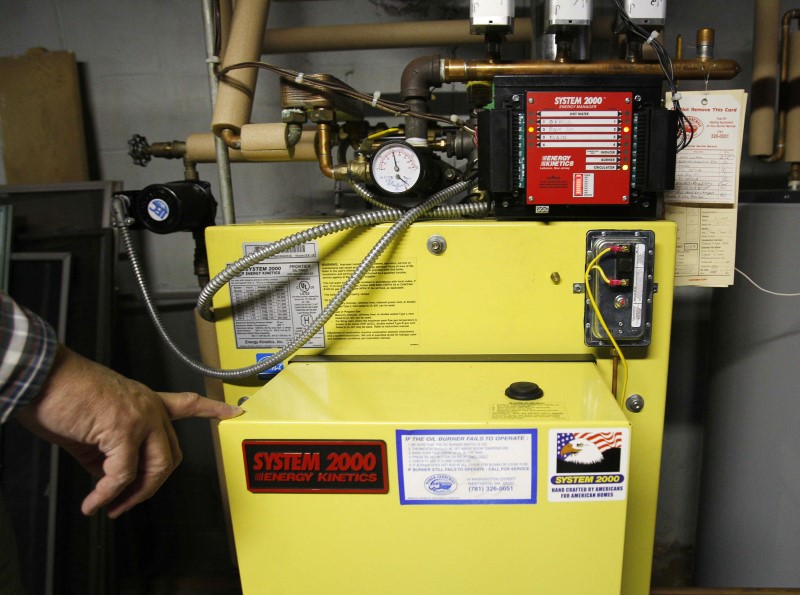By Jarrett Renshaw
NEW YORK (Reuters) - The Trump administration will delay any moves to reform the nation's biofuel policy for about three months, according to three sources briefed on the matter - a decision one of the sources said was meant to shield farmers worried about a potential trade war with China.
The decision comes after President Donald Trump failed to broker a deal between Big Oil and Big Corn during meetings over months about the future of the U.S. Renewable Fuel Standard - a law broadly supported in the U.S. heartland that requires oil refiners to add biofuels like ethanol to the nation's gasoline.
"There's just a lot going on right now, so they decided to take a pause and revisit in three months," one of the sources said, referring to worries in the U.S. agriculture industry that an escalating trade dispute between the United States and China could hurt U.S. commodity exports.
The biofuel reforms threaten to weaken demand for corn-based ethanol, compounding concerns from farmers about a loss of grain exports to China due to the trade dispute. Rural voters are an important constituency for President Donald Trump, helping propel his election victory in 2016, but his support with this group has slipped. https://reut.rs/2ya8zRy
The RFS has created a 15-billion-gallon-a-year market for ethanol since it was implemented more than a decade ago, a boon for U.S. farmers but a headache for oil refiners that have increasingly complained about the cost of complying.
Trump hosted the latest meeting on potential RFS reforms on Monday. In that meeting, U.S. Environmental Protection Agency Administrator Scott Pruitt and Agricultural Secretary Sonny Perdue presented the president with a list of potential options aimed at helping refiners without undercutting ethanol demand.
Those options included capping the price of blending credits, called RINs, that refiners must earn or purchase under the RFS while expanding the sales of high-ethanol gasoline blends that are currently banned during summer.
The price cap was a non-starter for most of the biofuel industry, a group that includes corn farmers from deep-red states like Iowa and Nebraska, who said it would erode investment in biofuels infrastructure.
Merchant refiners like Valero and PBF Energy, however, which do not have blending facilities and must purchase RINs to prove compliance with the RFS, would be among the biggest beneficiaries of an overhaul.
Trump was drawn into the divisive debate over the RFS by the potential shutdown of oil refiner Philadelphia Energy Solutions. PES, which employs a thousand people in politically important Pennsylvania, has blamed its financial woes on the cost of compliance credits under the RFS.
PRESSURE EASES
Some of the pressure to act has declined lately, however, as credit prices have dropped to three-year lows.
The decline in RIN prices is due in part to news that the EPA has significantly increased the number of small refiners it has exempted from the program for financial reasons.
The EPA also agreed to allow PES to shed some $200 million worth of RFS compliance costs, allowing the company to exit bankruptcy.
Trump had supported the idea of a price cap and expanded high-ethanol gasoline sales but found it hard to find common ground between the oil and corn lobbies on the issue.
Trump's advisers have urged him to punt the tricky issue to Congress.
A White House spokeswoman, Kelly Love, did not respond to a request for comment on the decision to delay action.

Biofuels advocates, meanwhile, want Trump to drop the issue altogether, and for the EPA to suspend its use of waivers.